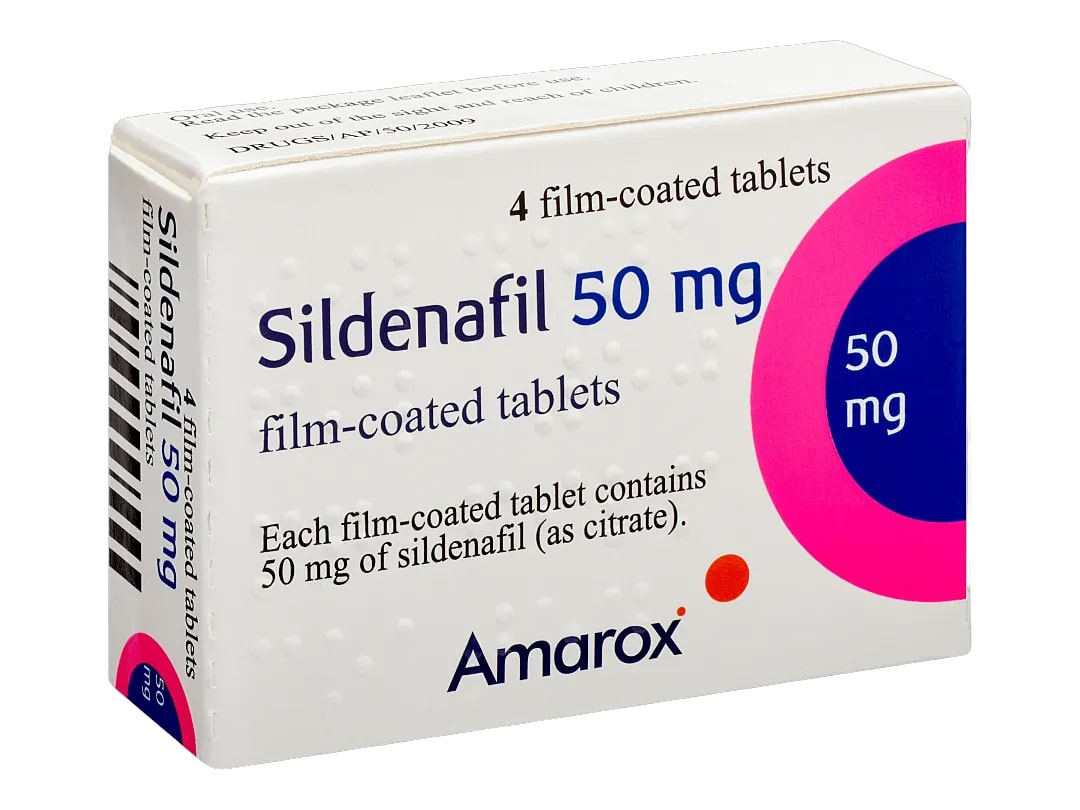Why Choose Sildenafil?
Improved Cardiovascular Health Regular exercise and a healthy diet can complement sildenafil treatment, promoting overall cardiovascular well-being. Combining lifestyle changes with medication can lead to better outcomes and a higher quality of life for individuals managing pulmonary arterial hypertension.
Enhanced Quality of Life Sildenafil can help alleviate symptoms and improve your ability to engage in daily activities, leading to a more fulfilling life. By effectively managing your condition, sildenafil can empower you to live a more active and enjoyable life.
Reduced Shortness of Breath Sildenafil can help open up your airways and ease breathing, providing relief from shortness of breath. This improvement in respiratory function can make a significant difference in your daily comfort and ability to participate in activities.
Increased Exercise Tolerance Sildenafil can help you exercise for longer periods without experiencing excessive fatigue or shortness of breath. This increased tolerance can help you regain strength and improve your overall fitness level.
Better Sleep Quality Managing PAH symptoms with sildenafil can lead to improved sleep quality and reduced nighttime discomfort. A restful night's sleep is essential for overall health and well-being, and sildenafil can contribute to a more peaceful slumber.
Increased Energy Levels By improving blood flow and oxygen delivery, sildenafil can help boost your energy levels and reduce fatigue. This increased vitality can make it easier to tackle daily tasks and enjoy life to the fullest.
Improved Mood Managing PAH symptoms can positively impact your mood and overall sense of well-being. Feeling more in control of your health can lead to a more optimistic outlook and improved emotional stability.
Greater Independence Sildenafil can help you maintain your independence and continue to participate in activities that are important to you. By effectively managing your condition, you can continue to live a fulfilling and active life.
Enhanced Social Life Feeling better physically can lead to increased social engagement and a more vibrant social life. Connecting with friends and family can provide emotional support and enhance your overall quality of life.
Always follow your doctor’s instructions for the best results and safety.


